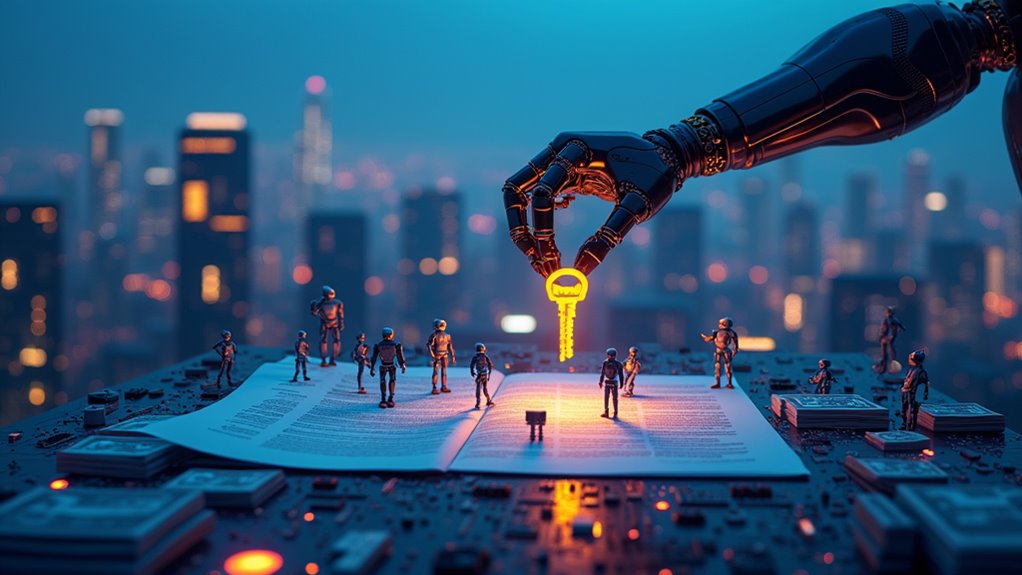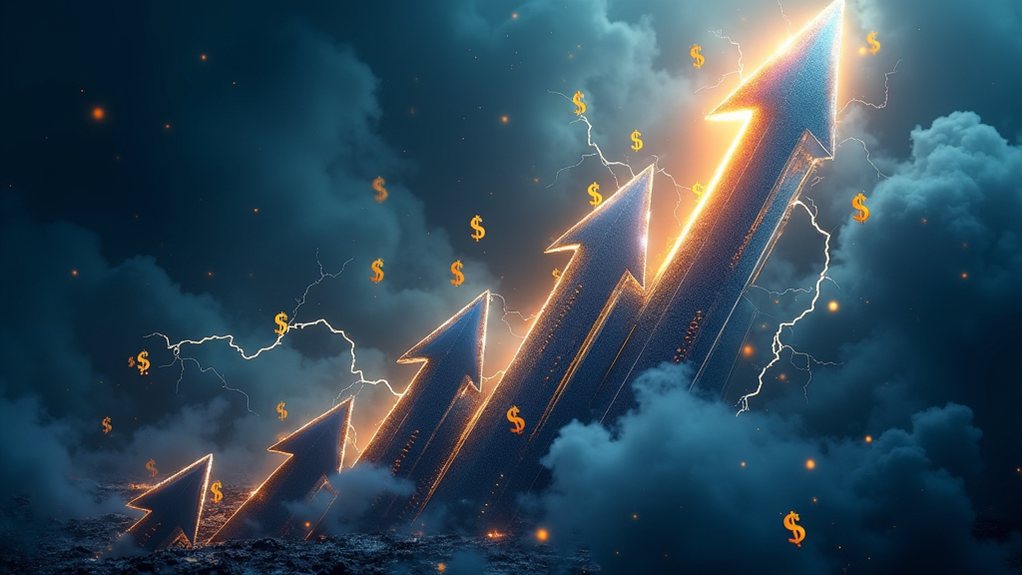AI is now the star quarterback in venture funding, running off with 30% of global VC dollars—think $7 billion in just April 2025—while fintech and health tech look on from the sidelines. Why? Ridiculously huge rounds (hello, OpenAI and your $40 billion!), surging valuations, and even pre-product startups raking it in because, well, FOMO. Everyone’s betting on AI’s $15.7 trillion global payoff by 2030. Stick around to find out how everyone’s chasing a slice of this futuristic pie.
Even in a world where hype cycles come and go faster than you can say “blockchain pivot,” AI has managed to commandeer the venture funding spotlight with almost cartoonish dominance. Forget the metaverse or last year’s crypto darling—venture capitalists have a new obsession, and it’s not subtle. Just ask anyone who blinked at OpenAI’s $40 billion SoftBank-led round in March 2025. Yes, that’s billions with a “B,” and yes, it’s the largest single AI investment ever.
AI has seized the VC spotlight with cartoonish dominance—OpenAI’s $40 billion round makes crypto look quaint by comparison.
The numbers speak for themselves, and they’re screaming: AI snagged 22% of global venture funding in January 2025—$5.7 billion out of $26 billion. By March, AI startups raked in $45.2 billion, with OpenAI’s megadeal setting the pace. April? AI’s slice grew to 30% of all VC dollars—about $7 billion—showing this isn’t a fleeting infatuation. In Q1 alone, $121 billion was poured into startups worldwide, and one in five deals had “AI” somewhere on the deck. In fact, venture funding for AI companies hit its highest level in a decade in 2024, cementing this technology’s status as the major growth engine for the industry.
Let’s pause for a reality check. Fintech managed only $2.2 billion in March. Healthcare IT? $1.8 billion. Meanwhile, AI’s average deal size in March hit $255.4 million. That’s more than six times the size of your average enterprise software deal. *Feeling underfunded yet?* Total funding reached $53.5 billion across 612 deals in March 2025, highlighting a robust venture capital environment for startups at large.
What’s fueling this? Mega-rounds, inflated valuations, and a frenzy for foundational models. SoftBank and Meta are spraying cash not just at chatbots, but at AI chips, cloud platforms, even governance startups (because, apparently, someone has to watch the robots). With economic forecasts projecting that AI technologies will contribute $15.7 trillion to the global economy by 2030, investors are scrambling to claim their slice of the pie.
Robotics, voice AI, and crypto-AI combos are all surging. Median early-stage deal size? $3.5 million, double 2023. Pre-seed rounds over $10M? Totally normal now.
Geographically, the U.S. is eating everyone’s lunch—85% of March funding was stateside—but Asia-Pacific and Europe are muscling in, with compliance tools and climate tech. The AI talent war is real, and it’s making millionaires out of teams that haven’t even shipped a product yet.
In short: If you’re not in AI, you’re probably not in the room where it happens.









